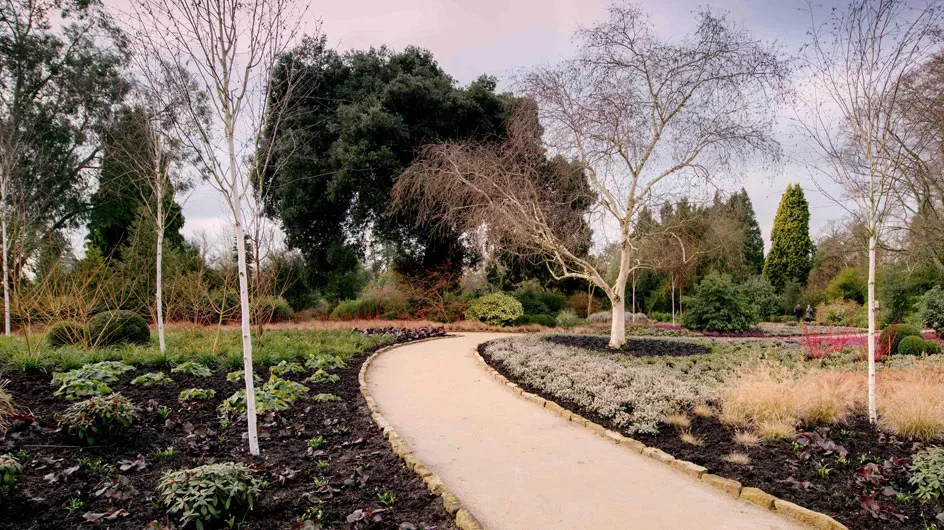KS4 Meadow investigation – biodiversity and conservation
Bring your pupils to Wakehurst to see conservation in action and carry out fieldwork in a beautiful lowland meadow.

Level
Duration
Allocated space
Recommended dates
Pupils carry out fieldwork in a traditionally managed wildflower meadow using a variety of sampling and measurement techniques.
They study how distribution of plants depends on different growing conditions and management, and the importance of meadows for conserving biodiversity.
Learning outcomes
We design our sessions to match the learning outcomes in the national curriculum. Our sessions have a cross-curricular approach and are tailored to suit the educational needs of your group.
We aim to give pupils opportunities to work scientifically in areas that are difficult or impossible to create in the school or college environment.
This session offers pupils the opportunity to:
- Appreciate the diversity of living plants and animals in their natural habitat.
- Name some plants species found.
- Apply sampling techniques to show distribution of plants across the meadow.
- Measure abiotic factors affecting the distribution of plants.
- Explore the interdependence of plants and animals.
- Learn how human activity can affect biodiversity negatively and positively.
Curriculum links
This KS4 visit supports and enhances the curriculum offered in schools and colleges.
Biology
- Levels of organisation within an ecosystem.
- Some abiotic and biotic factors which affect communities; the importance of interactions between organisms in a community.
- How materials cycle through abiotic and biotic components of ecosystems.
- The role of microorganisms (decomposers) in the cycling of materials through an ecosystem.
- Organisms are interdependent and are adapted to their environment.
- The importance of biodiversity.
- Methods of identifying species and measuring distribution, frequency and abundance of species within a habitat.
- Positive and negative human interactions with ecosystems.
Links to GCSE Biology specifications
- OCR Gateway Science Biology A B 4.1 Ecosystems.
- OCR Twenty First Century Science Suite - Biology B Chapter B3: Living together – food and ecosystems.
- Edexcel Topic 9 – Ecosystems and material cycles.
- AQA 4.7 Ecology.
